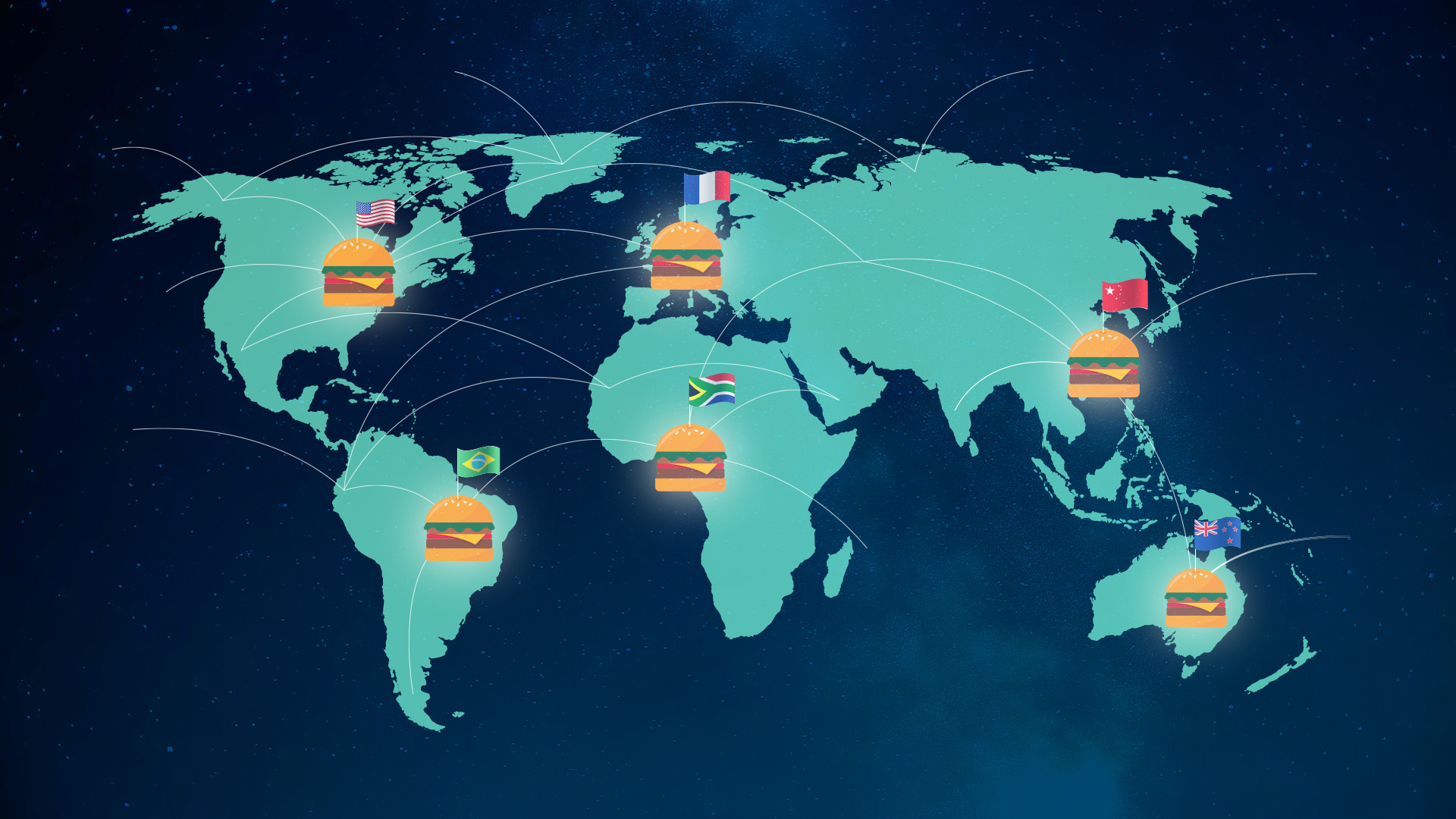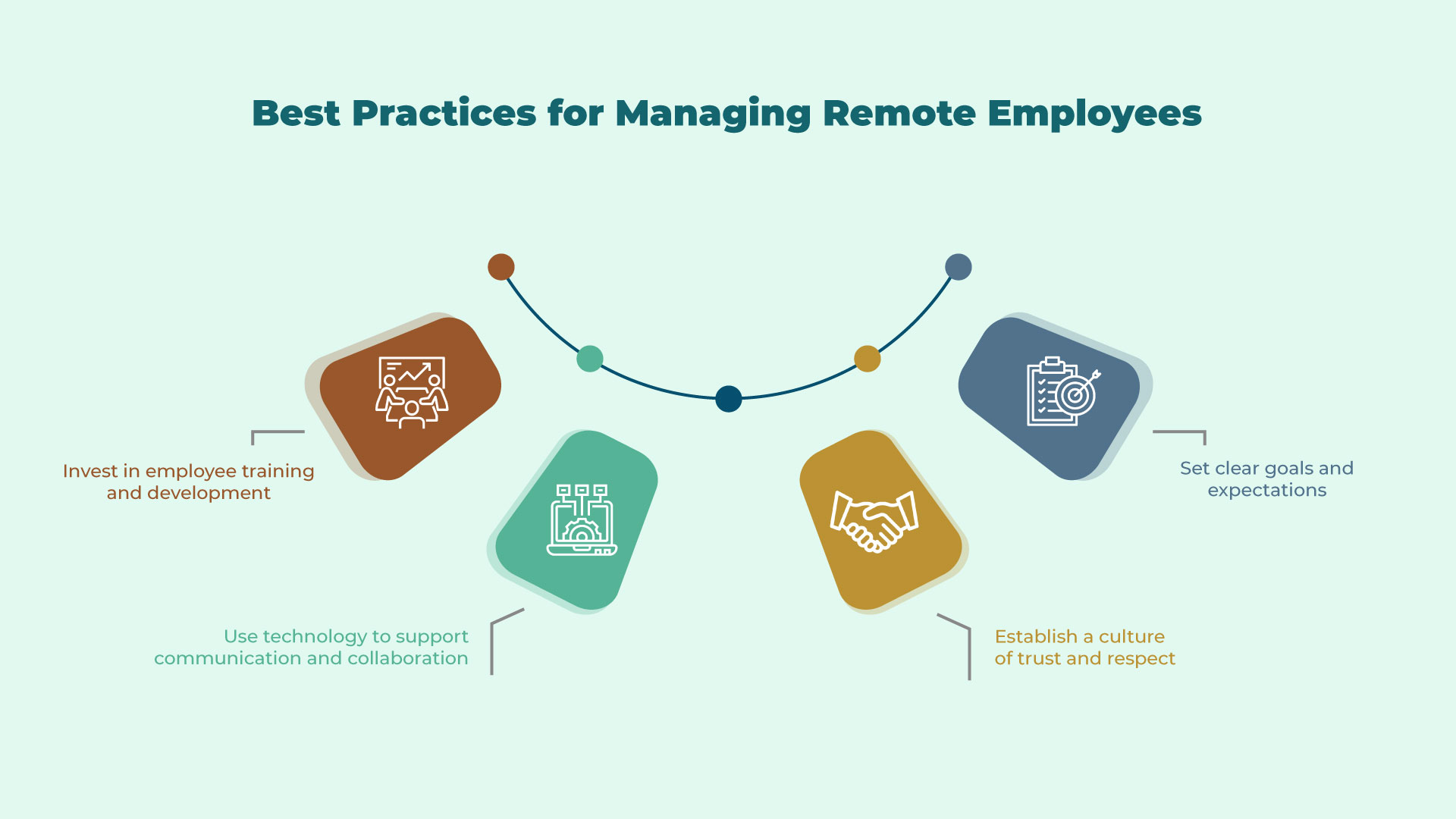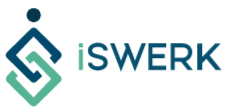As the world becomes more interconnected, businesses increasingly seek ways to appeal to global and local audiences. One concept that has emerged to address this challenge is glocalization. In this article, we will explore what glocalization is, how it differs from globalization, and how it is connected to remote work and the thriving field of virtual careers. We will also cover the glocalization and remote work challenges and how iSWerk can help businesses overcome them.
How Glocalization Works

Glocalization occurs when global products or services are tailored to the customs, regulations, or tastes of a specific market. This can mean changing how a product is designed, packaged, marketed, or distributed so that it fits the wants and needs of a certain market better.
Multinational companies often use glocalization to reach new markets while keeping their brand identity.
Companies that went Glocal
Many businesses have successfully used glocalization methods to reach both global and local audiences. Here are a few examples:
- McDonald’s
- Coca-Cola
- IKEA
- Whirlpool
- SAP

Glocalization vs. Globalization
People often use the words “globalization” and “localization” equally, but they mean two different things.
Globalization is the process of bringing together businesses, societies, and cultures from all over the world. It means that people, things, and information can move freely across borders and that trade and investment barriers are taken down.
Glocalization, on the other hand, is a response to globalization.
It involves modifying goods or services to fit local needs while keeping the same brand name around the world.
Glocalization recognizes that while there are many similarities between cultures around the world, there are also important differences that must be taken into account.
Glocalization and Globalization at a glance:
| Feature | Globalization | Glocalization |
| Scope | Global integration | Adaptation to local contexts |
| Approach | Universal and standardized | Contextual and customized |
| Cultural Impact | Potential cultural homogenization | Celebrates cultural diversity and uniqueness |
| Standardization vs. Customization | Standardization | Customization and tailoring to local needs |
| Consumer Interaction | One-way communication from global to local | Interactive communication, feedback, adaptation |
| Economic Impact | Global economic integration | Support for local economies and industries |
| Brand Identity | Consistent global brand image | Adaptable branding and marketing strategies |
| Decision-Making | Centralized decision-making | Decentralized decision-making, local empowerment |
| Product Development | Universal features and functionalities | Customized features for local preferences |
Connection between Glocalization and Remote Work
Glocalization and remote work have been primarily driven by digitalization.
With the rise of digital technology, businesses can now communicate more efficiently with customers and employees worldwide, opening doors to diverse virtual career paths.
Remote work is becoming more popular as firms seek methods to access a global talent pool while reducing costs, creating a surge in the demand for virtual career opportunities.
Glocalization and remote work are intrinsically connected since both require cultural adaptation and collaboration with people from diverse backgrounds.
Businesses can hire remote workers from anywhere globally, giving them access to a broader range of creativity, innovation, talents, and certifications, making virtual career options more accessible than ever before.
Companies can adjust their products and services to diverse cultures through glocalization, leading to better customer service and satisfaction.

Challenges of Glocalization and Remote Work
While glocalization and remote work have numerous advantages, they also pose some challenges to companies. Here are a few of the most common challenges:
Language and cultural differences
Businesses must comprehend and adapt to other cultures, which can be tough owing to linguistic and cultural obstacles.
Time zone differences
Due to time zone differences, communication and collaboration can be challenging in remote work.
Cybersecurity risks
Employees who work from home may be using networks or devices that aren’t safe, which can increase cybersecurity risks.
Managing and motivating remote employees
Managers may struggle to manage and motivate employees working from different locations.
How to Overcome the Challenges

While the problems of glocalization and remote work can be overwhelming, businesses can take steps to resolve them. Here are a few strategies:
Invest in employee training and development.
Companies might invest in training and development programs to assist staff in understanding and adapting to other cultures.
Use technology to support communication and collaboration.
Businesses can utilize technology such as video conferencing and project management software to help distant workers communicate and collaborate.
Establish a culture of trust and respect.
Companies may establish a culture of trust and respect by setting clear objectives and goals, and offering regular feedback and acknowledgment to remote workers.
Set clear goals and expectations.
To ensure remote workers are on board with the company’s goals, employers can set clear goals and expectations for them.
Here’s How iSWerk Do It
iSWerk is an offshoring firm that specializes in connecting businesses with a global talent pool.
By providing organizations with a team of competent and experienced individuals who can work remotely from anywhere in the world, iSWerk can assist them in overcoming the obstacles of glocalization and remote work.
Professionals at iSWerk are experts in many areas, such as IT, marketing, business, and customer service.
iSWerk can help firms adapt to varied cultures, interact successfully with remote workers, and manage and inspire their staff.
We invest in talent development.
iSWerk invests significantly in the training and development of its employees. This commitment extends to programs designed to enhance cross-cultural understanding and adaptability.
We leverage technology for seamless collaboration.
At iSWerk, we harness cutting-edge technology, including video conferencing and advanced project management software, to facilitate seamless communication and collaboration among our remote workforce.
We nurture a culture of trust and respect.
iSWerk fosters a workplace environment anchored in trust and respect. We achieve this by setting clear objectives and goals while providing regular feedback and recognition to our remote workforce, ensuring a supportive and empowering atmosphere.
We define clear goals and expectations.
iSWerk thrives on clarity. We establish transparent goals and expectations for our remote employees, ensuring they are aligned with your company’s mission and vision. This ensures that every team member is fully engaged and committed to achieving our shared objectives.
Final Thoughts
As the world grows more interconnected, glocalization and remote labor are becoming increasingly vital for businesses.
By investing in training and development, using technology to facilitate communication and collaboration, creating a culture of trust and respect, businesses can bridge the gap between globalization and localization and succeed in a global marketplace.
